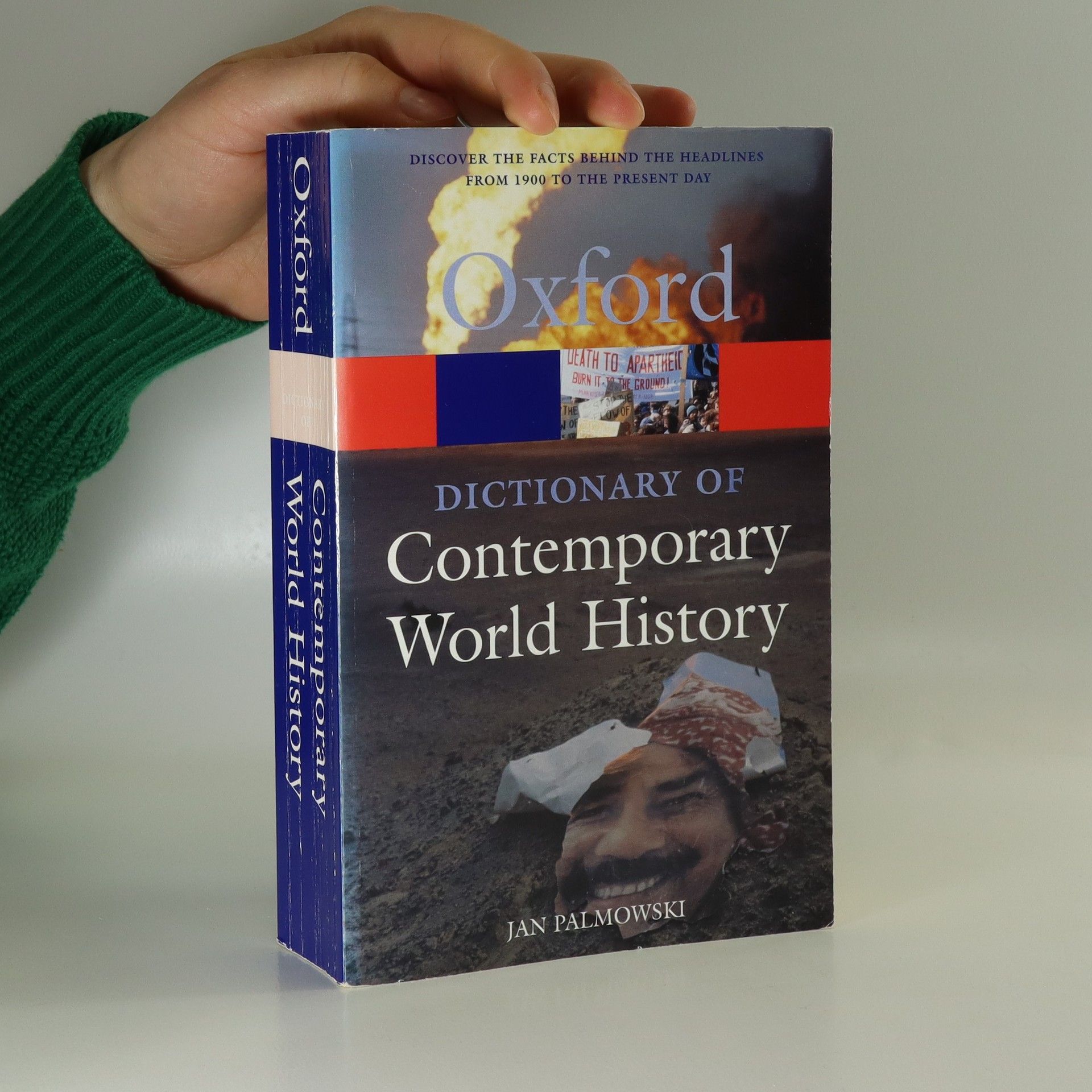Kann es demokratischen Nationalismus geben?
Über den Zusammenhang zwischen Nationalismus, Zugehörigkeit und Gleichheit in Europa von 1789 bis heute
- 354 pages
- 13 hours of reading
Ist Nationalismus mit Demokratie vereinbar? Diese Frage geht der vorliegende Sammelband anhand von historischen Beispielen aus Frankreich, Spanien, Schweden, Israel und Deutschland nach. Zuvor werden Entwicklungspfade des europäischen Nationalismus nachgezeichnet und eine Systematik seiner heutigen Erscheinungsformen vorgestellt. Die Nation ist immer noch das dominierende Ordnungssystem in Europa. Ihr inhärent ist das demokratische Versprechen von Gleichheit, sozialer und politischer Teilhabe. Zudem garantiert sie die Sicherheit ihrer Mitglieder. Zugleich führte Nationalismus regelmäßig zu Kriegen, Vertreibungen und Ausgrenzungen bis hin zu Ausrottungen. Das Buch präsentiert historische Entwicklungspfade und eine Systematik heutiger Nationalismen und fragt nach dem Ort der Frauen in der Nation. Anhand der Entwicklung in Frankreich, Spanien, Schweden, Israel sowie der Weimarer Republik, Ost- und Westdeutschland wird analysiert, ob und wie Demokratie und Nation vereinbar waren und sind, welche Folgen der Rückgriff auf nationalistische Begriffe und Denkweisen hat. Bis heute prägt die Ambivalenz zwischen Inklusion und Exklusion die europäischen Gesellschaften. Auch in modernen Demokratien ist die dunkle Seite des Nationalismus gegenwärtig und das demokratische Gleichheitsversprechen nur eingeschränkt verwirklicht.


